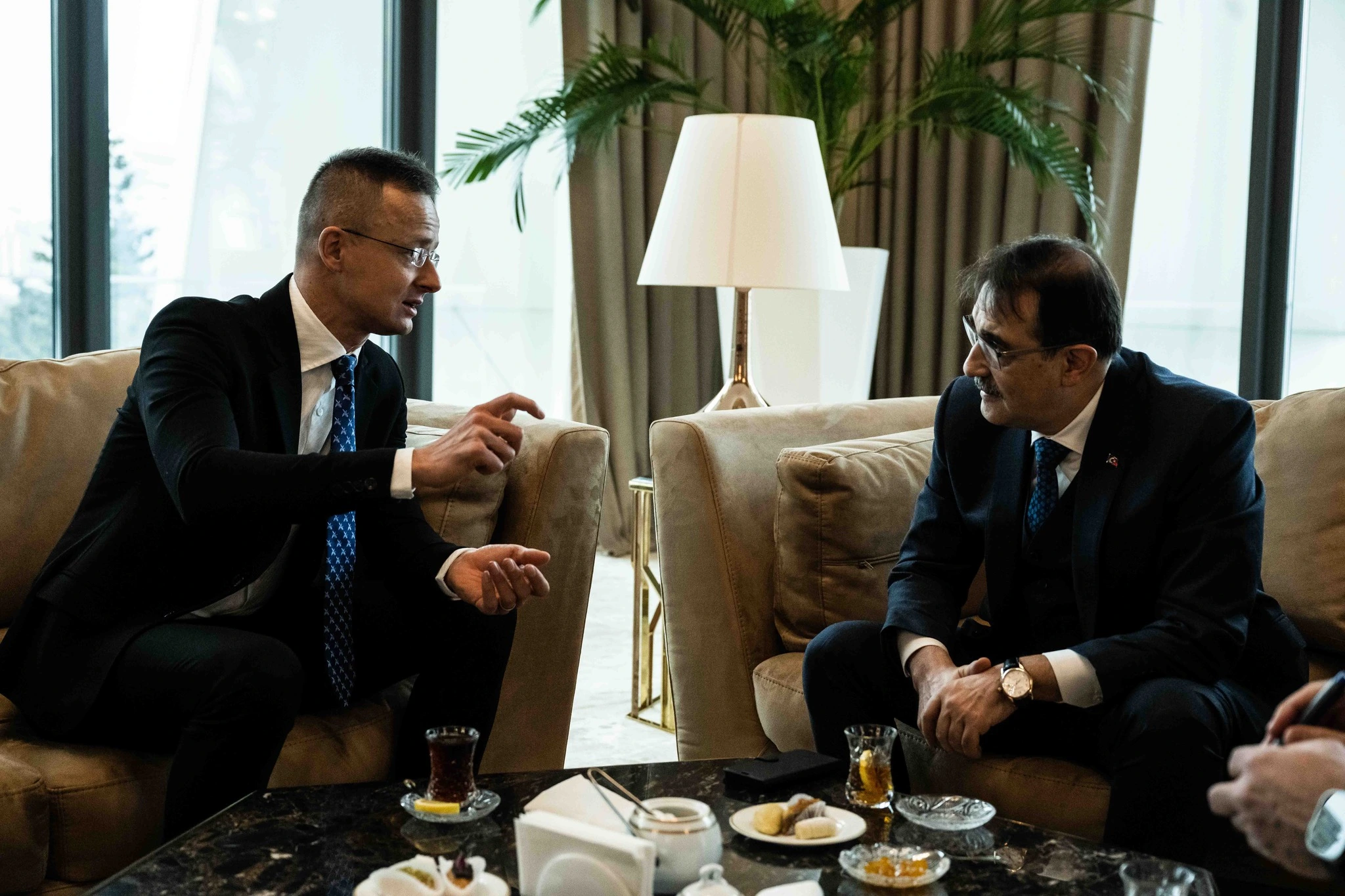Hungarian FM slams the EU in Azerbaijan

Brussels “must do its homework” to ensure diversification does not remain just a dream, Foreign Minister Péter Szijjártó said in Azerbaijan on Friday. The community must offer support for infrastructure improvement in south-eastern Europe to guarantee energy security, he said.
Szijjártó told a conference on the Southern Gas Corridor and green energy in Baku that the most realistic screnario for diversification in central Europe was the involvement of gas extraction in Azerbaijan without delay. Hungary and Azerbaijan signed a memorandum of understanding on this earlier this week, he added. At the same time, he warned that certain infrastructure preconditions existed, and even if the capacity increase of the trans-Anatolian gas pipeline was good news, significant network development is needed in south-eastern Europe.
Hungary, Bulgaria, Romania and Slovakia will ask the European Commission to handle the issue as a priority and support developments needed to guarantee energy security in central Europe, he said. “If the European Union is not only using diversification as a tool for political communication, then it is high time that Brussels act and finance the necessary infrastructure development in south-eastern Europe, enabling the involvement of Azerbaijani gas extraction,” he added. He told the panel discussion that this was currently the only possibility to enable diversification.
Here are some photos:
Hungary, as a landlocked country, greatly depends on others for its energy supplies, including on neighbouring and other transit countries carrying out the necessary investments, he said. Energy security, he said, was a matter of national security, and the government would continue to resolutely dismiss any attempt to interfere in this area. Hungary’s energy supply continues to be secure, he added, thanks largely to the Turkish Stream gas pipeline which is operating at 100 percent capacity.
Szijjártó said attempts had been made to prevent construction of the pipeline but the project went ahead “thanks to the brave decisions of the participating countries”. “Had we not built it, today we’d face very serious problems,” he said. During the green transition, he added, natural gas is indispensable for meeting climate and environmental protection goals.
The minister noted that Hungary has used nuclear energy for more than forty years. It is safe, cheap, and a sustainable way of producing energy, helping the country to stay relatively independent of the fluctuations of international energy markets, he said, adding that Hungary rejects any attempt to discriminate against nuclear energy.
House Speaker warns against swapping one energy dependence for another
The problem of energy dependence must be resolved without it leading to another one-sided dependence, Speaker of Parliament László Kövér told a meeting of Visegrad Group parliamentary speakers in Bratislava on Friday. The meeting focused on the region’s security, the situation in Ukraine, the energy crisis and illegal migration. Kövér said the meeting had helped the speakers better understand each other’s positions and reaffirm the importance of the Visegrad Four in European cooperation.
The speaker attributed the success of the central European grouping comprising Hungary, Czechia, Poland and Slovakia to the members seeking cooperation in areas on which they are more united and avoiding issues on which they disagree. Concerning the security challenges posed by the Russia-Ukraine war, Kövér said the speakers were in agreement that Russia’s ambitions must not pose a threat to the region. They also agreed, he said, that this required the existence of a sovereign and democratic Ukraine.
Kövér also said that Hungary has been carrying out the largest humanitarian operation in its history since the outbreak of the war. As regards illegal migration, he said there was a danger that the Ukraine war would overshadow the fact that more and more people were attempting to enter Europe illegally. He noted that the number of illegal entrants apprehended by the Hungarian authorities more than doubled last year to 270,000 from 120,000 in 2021.
“From our part, we believe the EU is not doing enough to support the countries that are doing the most to curb illegal migration,” Kövér said. The operation of the EU’s passport-free Schengen zone is dependent on illegal migration being stopped, the speaker added. On the topic of the energy crisis, Kövér warned that the problem of energy dependence must be resolved without it leading into another one-sided dependence, adding that the specific situations of member states should also be taken into consideration.
The participants of the Bratislava meeting adopted a joint statement declaring that they view the V4 as an effective platform for their shared interests. The statement also firmly condemns the war against Ukraine and expresses the V4’s support for Ukraine’s sovereignty and territorial integrity as well as their commitment to aiding the country on the basis of their individual sovereign decisions. It reaffirms that the interest of the V4 lies in a strong, coherent and effective EU. It also emphasises the importance of unity and mutual solidarity among EU member states when it comes to the energy crisis and acknowledges the challenges around energy diversification in a regional context. The statement also expresses the V4’s concern over the rise in illegal migration and underlines the need to strengthen the EU’s external borders.
Source: MTI








